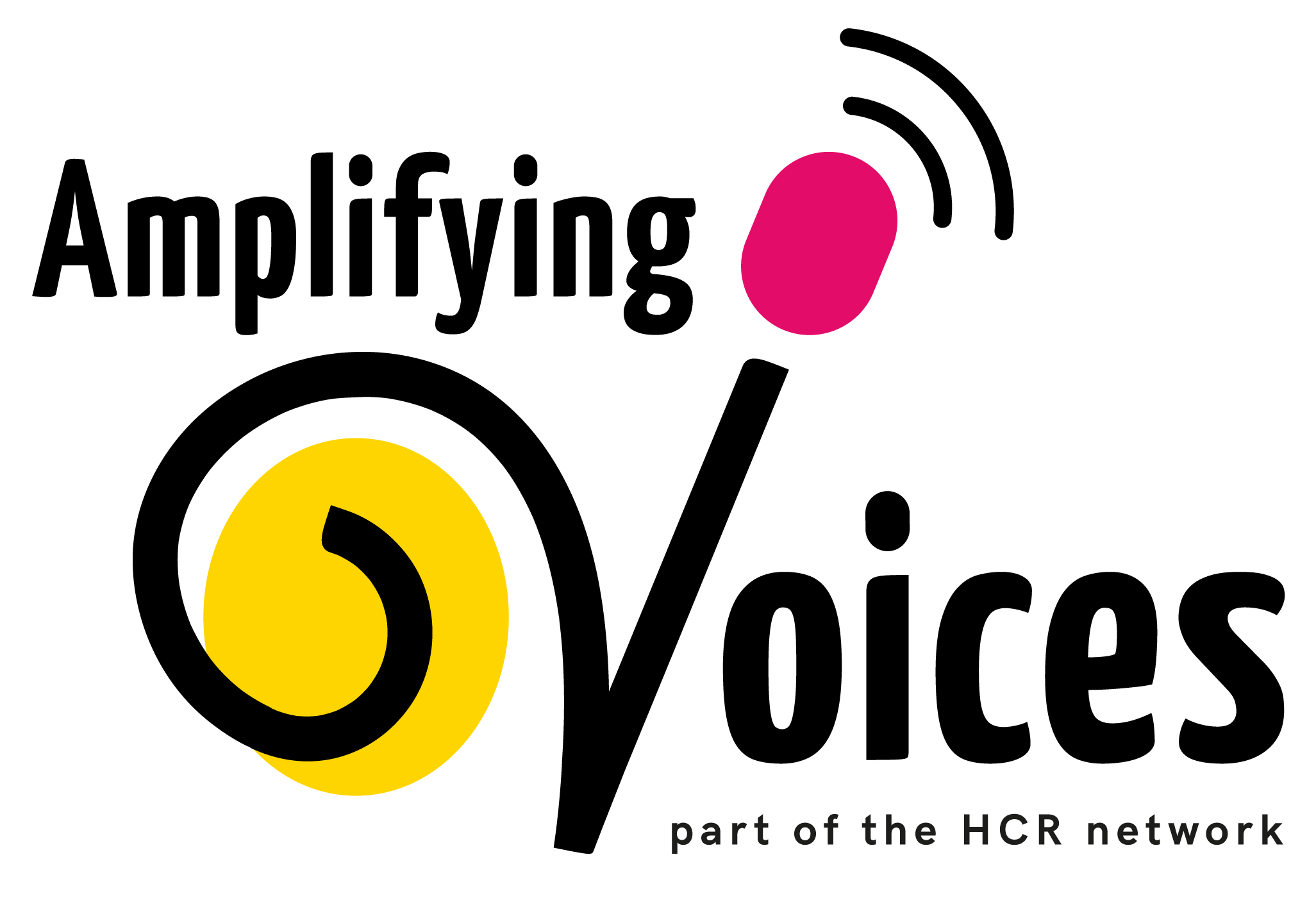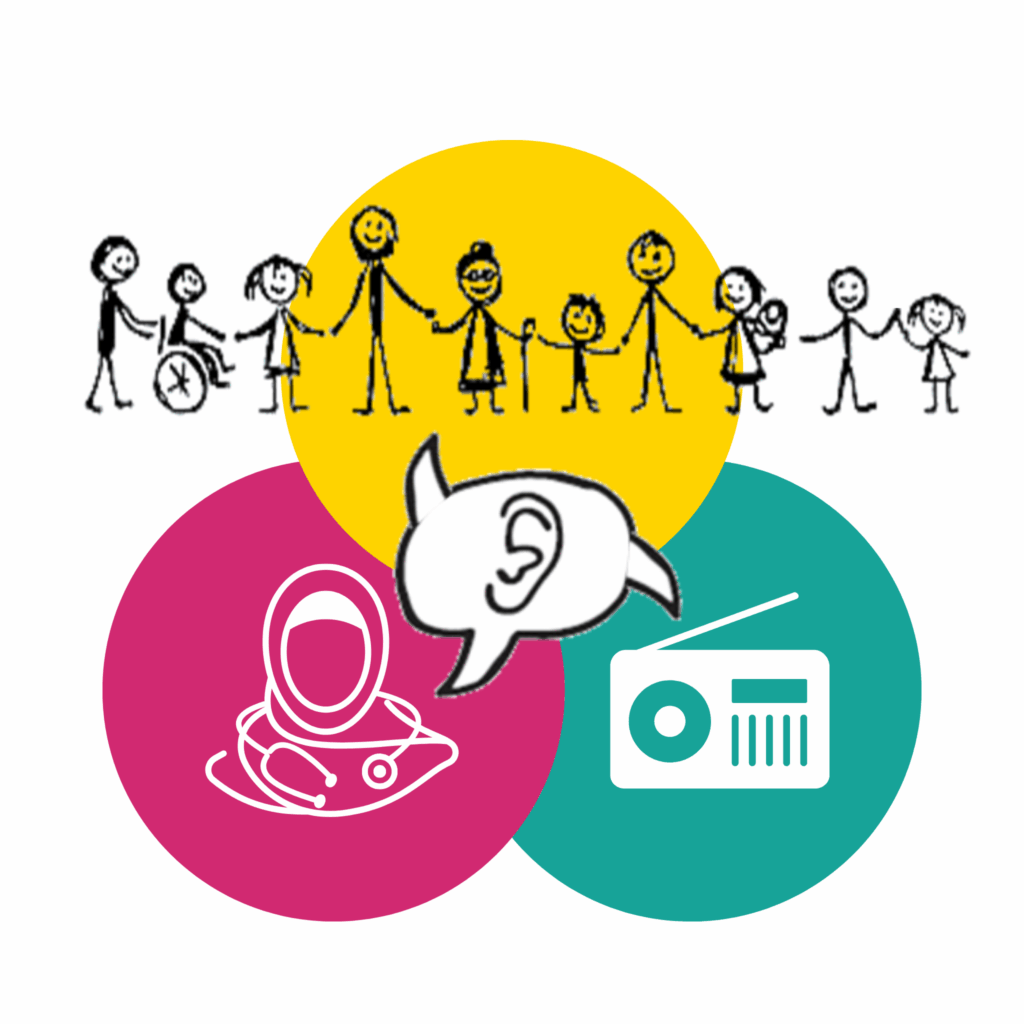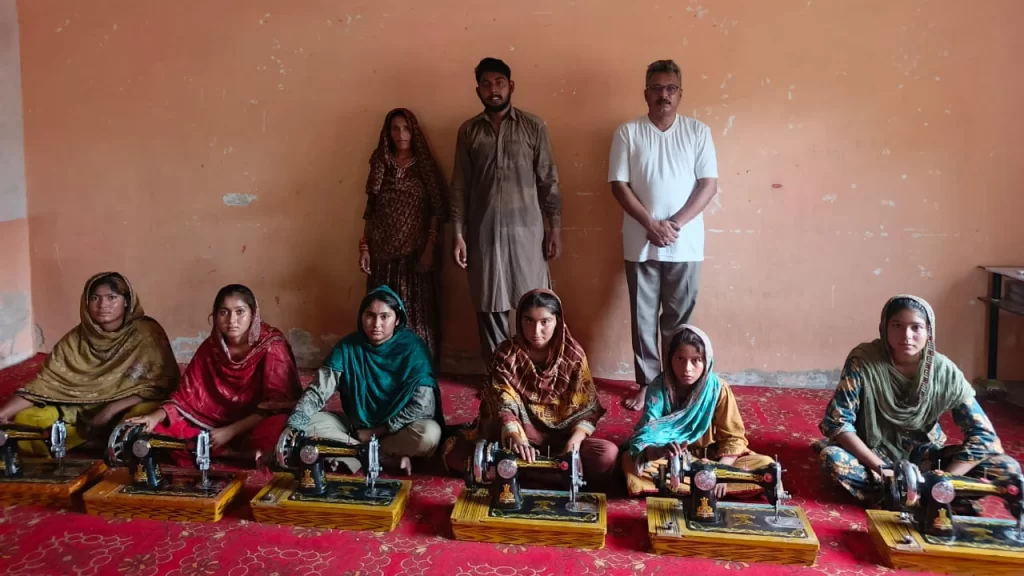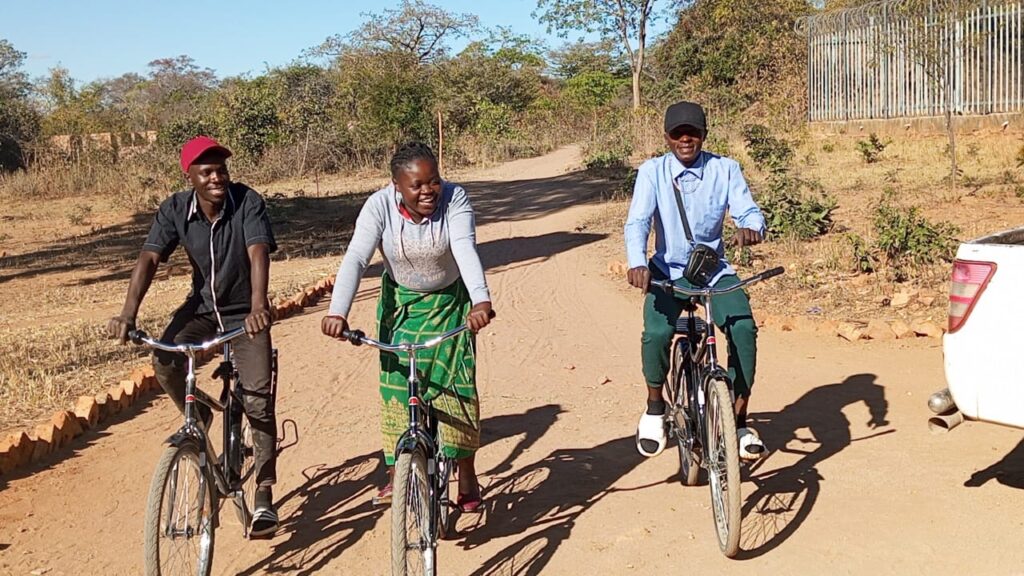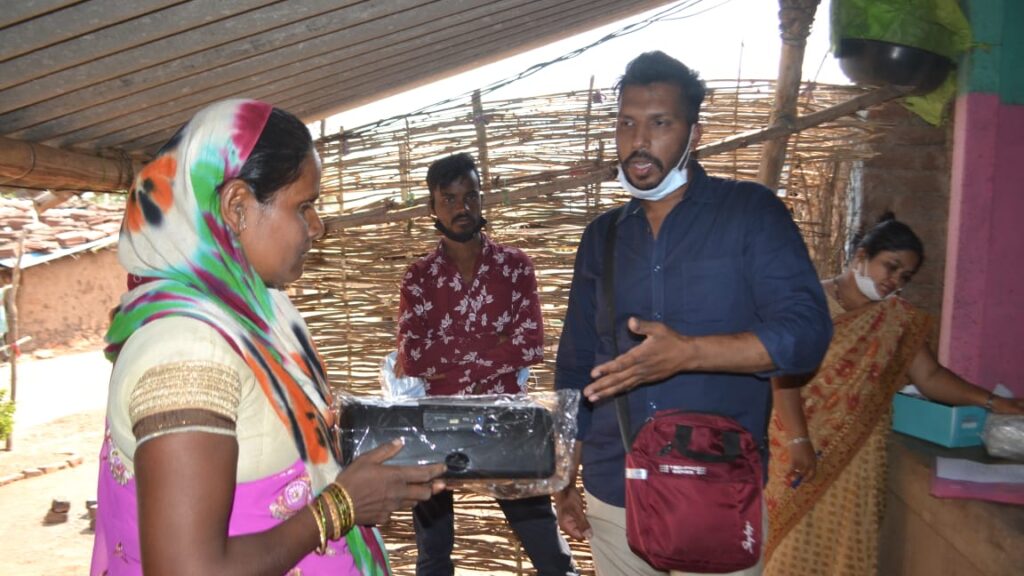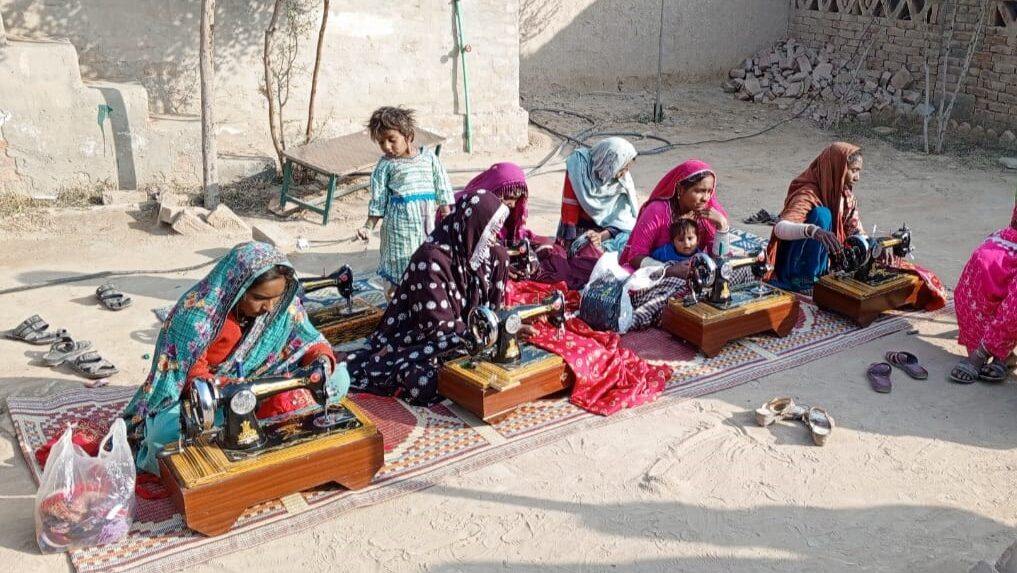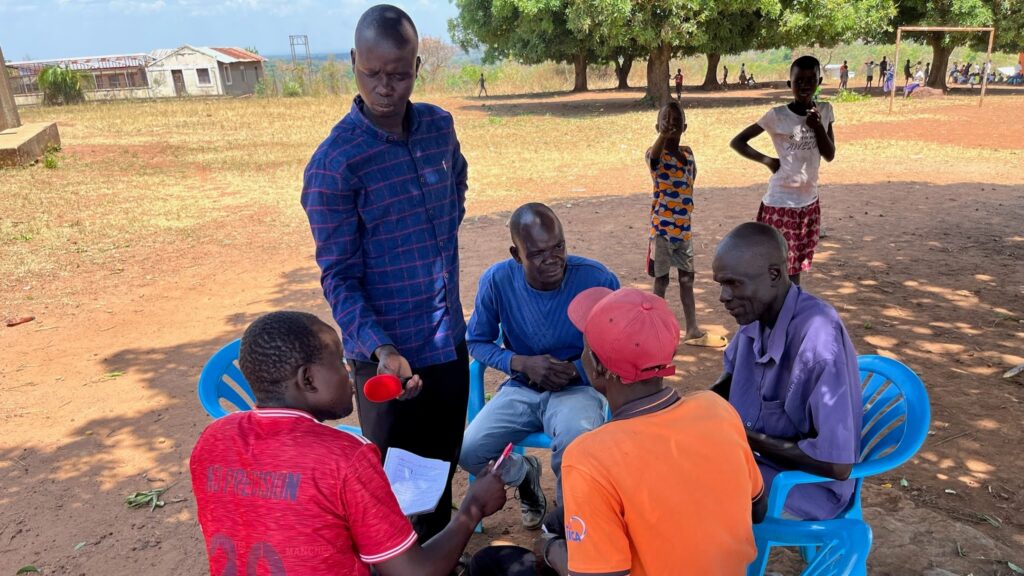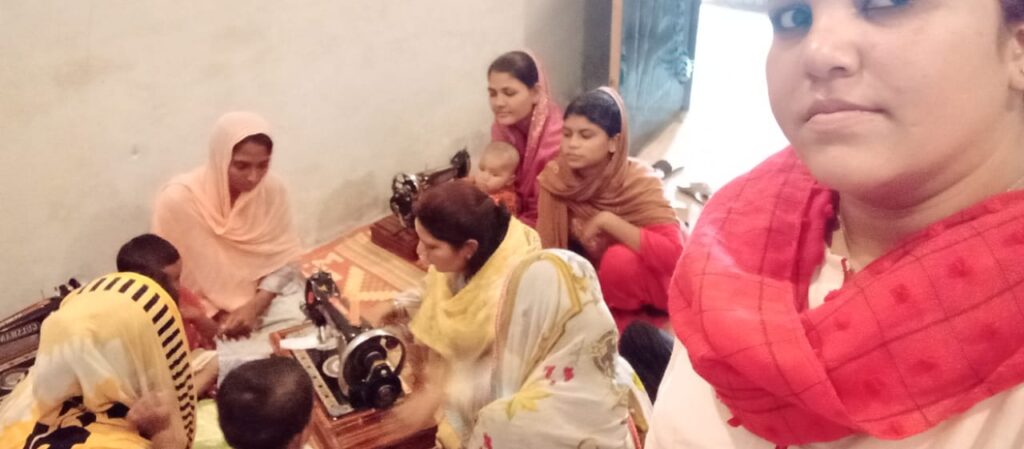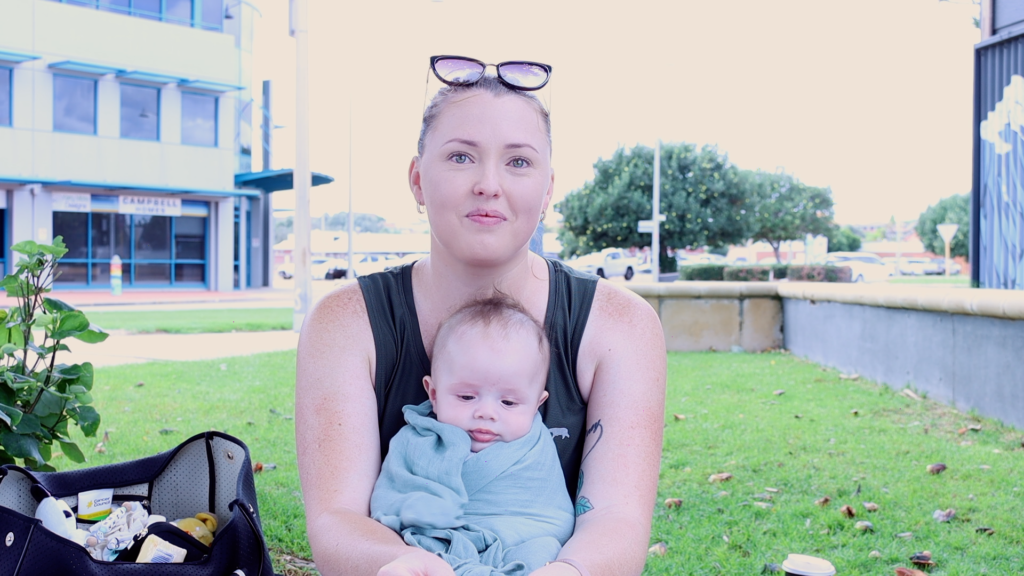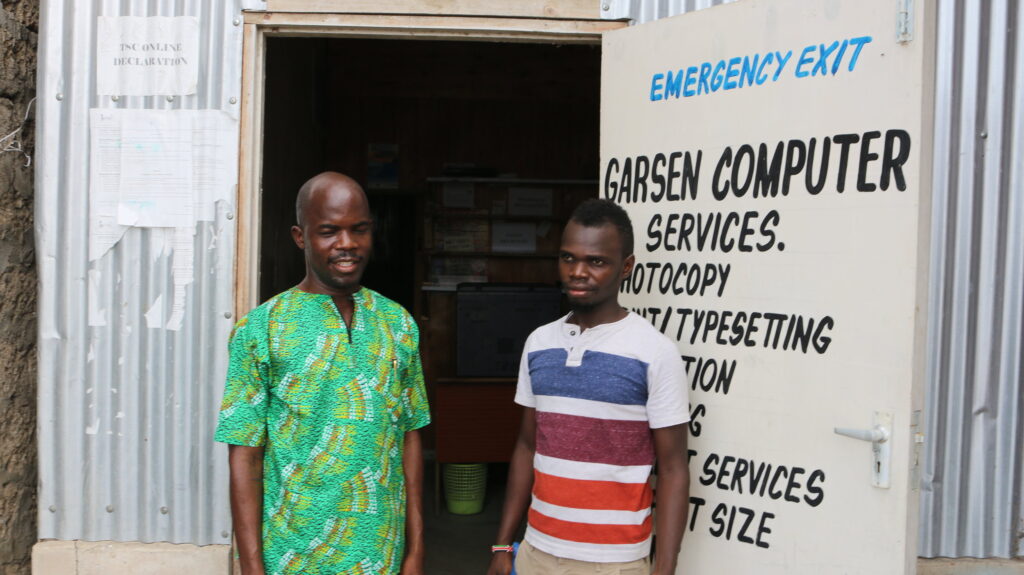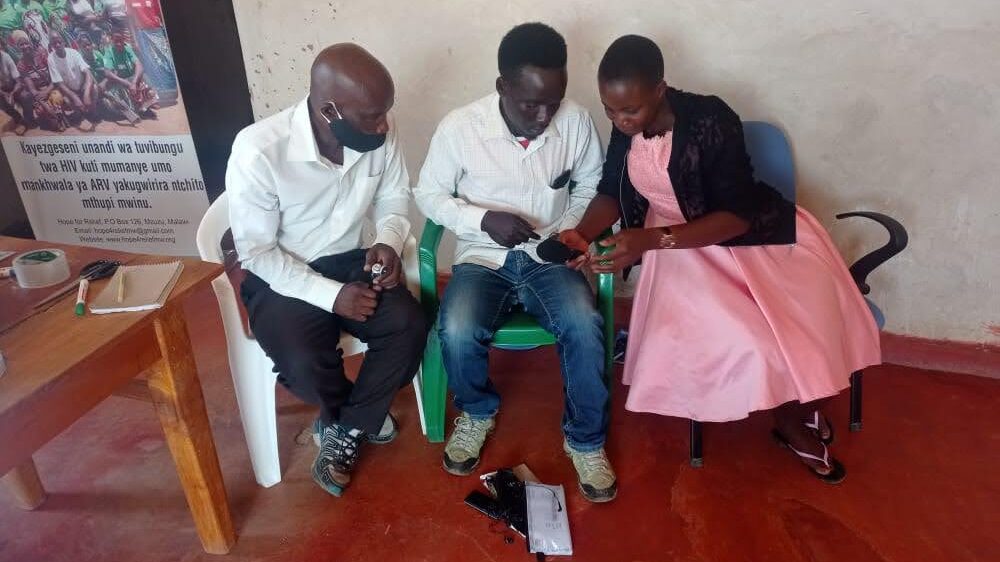Posts by Amplifying Voices
Humanitarian Radio (Palestine)
Amplifying Voices and partners, Rapid Response Radio and Transformational, are working with UNICEF to establish a humanitarian FM radio station in Palestine. The Humanitarian Radio station fills the communication gaps that endanger lives of children and families in Gaza and in West Bank. It is dedicated to saving the lives of those made most vulnerable…
Read MoreBright Home – Sakkar Rohi
Our partner, Amplifying Voices Pakistan is working with a Bagri community in a village near Sakkar Rohi, to create new opportunies for women and young people. Bright Home is a project that integrates community-centred media with vocational skills classes and other off-air activities.
Read MoreSimooya Community Radio
Simooya Community Radio, Pemba District Amplifying Voices partnered with the Chibozu Community Trust, an NGO registered in Zambia and the UK, to set up Simooya Community Radio station which went into its testing phase in April 2024. The station provides education for children and adults, culturally relevant entertainment and dialogue, covering the Pemba district of…
Read MoreWhat is a speakerbox?
At Amplifying Voices, we use the term “speakerbox” to talk about a digital audio player with a built in speaker, suitable for group listening for around 10 people.
Read MoreBright Home – Cholistan
Amplifying Voices Pakistan supports communities in Cholistan to set up vocational skills centres integrated with community-centred media.
Read MoreHope Village – Morobo
Hope Village, Morobo Communities in South Sudan-Uganda border regions (Yei, Morobo, Lainya) are affected by refugees returning to South Sudan, and through internal migration of cattle herders after several years of flooding making traditional grazing grounds in other states unusable. The internal migration has led to inter-communal violence and loss of crops. Amplifying Voices has…
Read MoreBright Home – Sargodha
Amplifying Voices Pakistan supports communities in Sargodha to set up vocational skills centres integrated with community-centred media.
Read MoreWorld Maternal Mental Health Day
HCR (Australia) support a new project, launched on World Maternal Mental Health Day 2022, parents record messages for Facebook and local station, Radio MAMA.
Read MoreTuanze biashara – alleviating poverty in eastern Kenya
Amani FM project combining radio programmes, in-person training and micro loans. Aiming to alleviate poverty by promoting and encouraging entrepreneurship to create new, small business for communities in Tana Delta.
Read MoreChitipa Voices – Malawi
Amplifying Voices supported Hope for Relief Malawi, to complete five community-centred media workshops in Chitipa, north-west Malawi. Due to Covid related travel restriction, training was done remotely using video presentations, supported by a local facilitator.
Read More